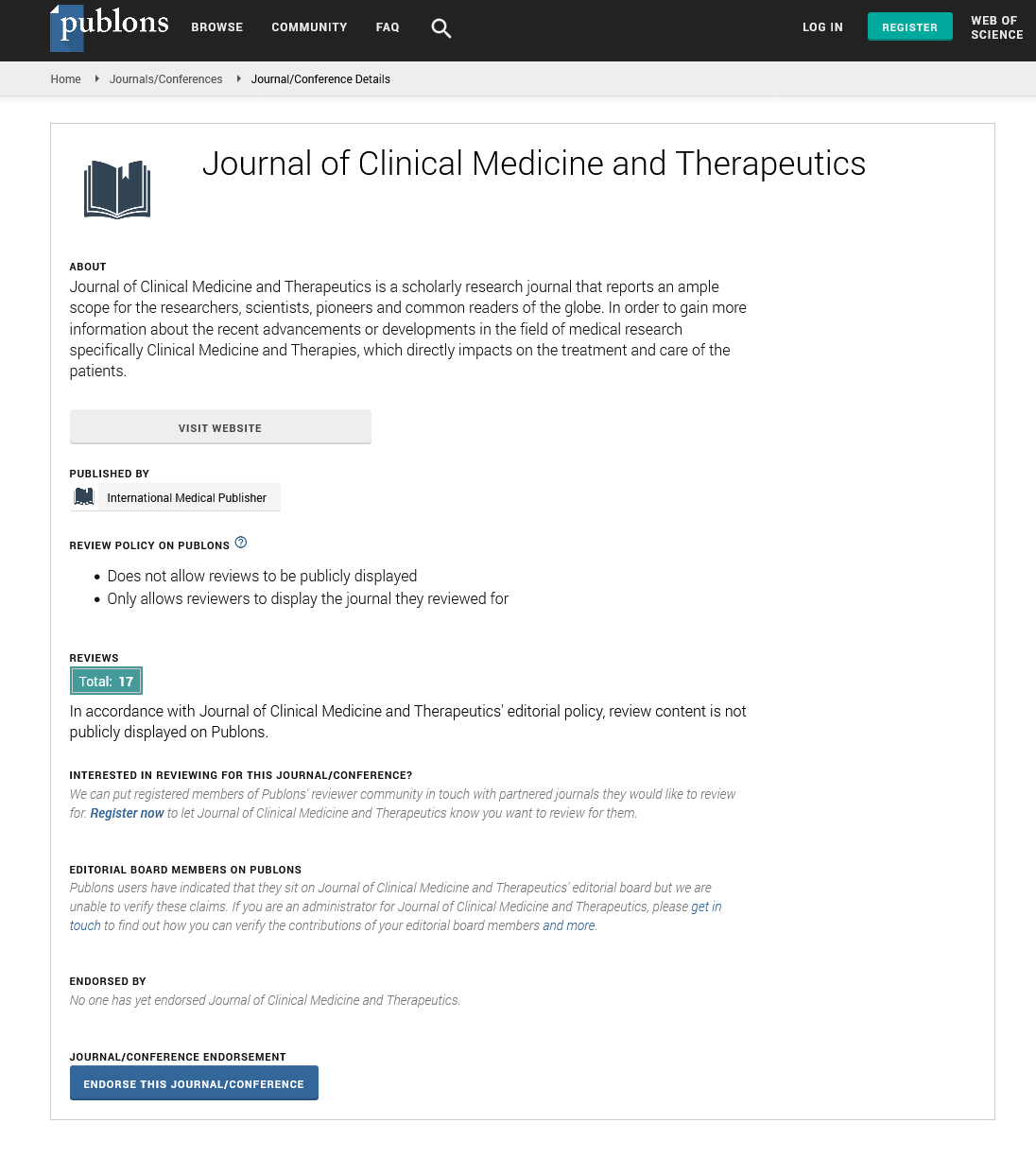Abstract
The Need and Benefit of Adoption of Total Quality Management at Primary Healthcare Facilities.
Total Quality Management (TQM) plays an important role in any company or facility as the implementation of this program will enable companies to continually improve their performance. Thus, organizations will be able to significantly meet the needs of their internal and external clients in terms of quality of services and products and will also be able to develop an efficient and profitable business. Total quality management (TQM) is a major determinant of efficient resource management within any organization. It is only hospitals that have adopted TQM methods that will thrive in this period, where hospitals provide the same type of services. The study evaluated management preparedness to implement TQM at Primary Health Centre’s. Center from the perceptive perception of health staff. Methods: This analysis was a systematic, cross sectional study. Structured questionnaires were used to gather information on the demographic characteristics of the centers' randomly selected workers and their performance in five main areas: organizational, Interpersonal, Economic, Facilities and Economic factors. Focus group dialogue by chosen workers was also used. Results: The study showed that the impact of educational influences on response level had no effect on personnel understanding but affected staff productivity, sufficient monitoring, support system and computerized database service. Number of years of work has an impact on the provision of adequate resources, the efficiency of infrastructure and the computerized database system.TQM has been shown to have improved resource efficiency with the attendant output maximization. It is critical that management show commitment and provide an atmosphere supporting its sustainability. Management should specifically institute periodic performance measurement systems and reinforce the hospital training program.
Author(s): Thaddeus Chukwudi
Abstract | PDF
Share This Article
Google Scholar citation report
Citations : 95
Journal of Clinical Medicine and Therapeutics received 95 citations as per Google Scholar report
Journal of Clinical Medicine and Therapeutics peer review process verified at publons
Abstracted/Indexed in
- Publons
- Secret Search Engine Labs
Open Access Journals
- Aquaculture & Veterinary Science
- Chemistry & Chemical Sciences
- Clinical Sciences
- Engineering
- General Science
- Genetics & Molecular Biology
- Health Care & Nursing
- Immunology & Microbiology
- Materials Science
- Mathematics & Physics
- Medical Sciences
- Neurology & Psychiatry
- Oncology & Cancer Science
- Pharmaceutical Sciences

